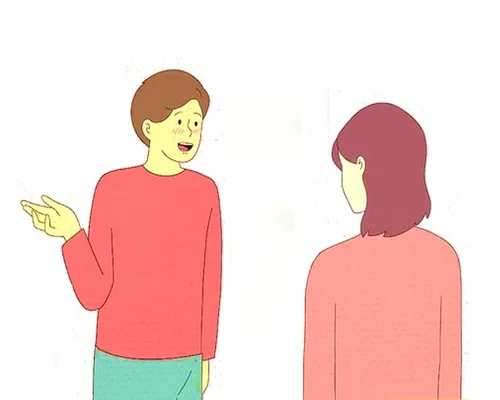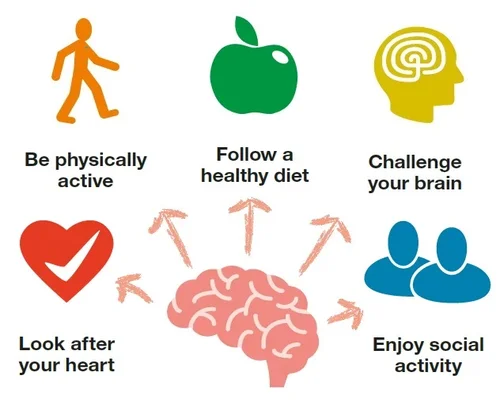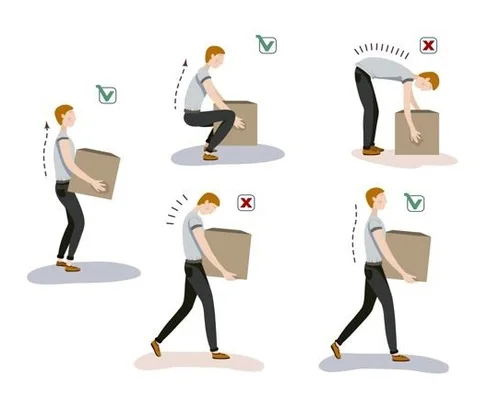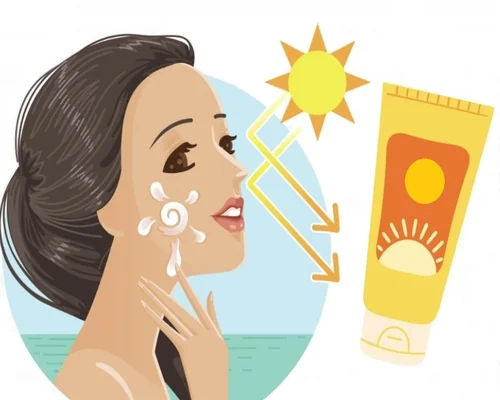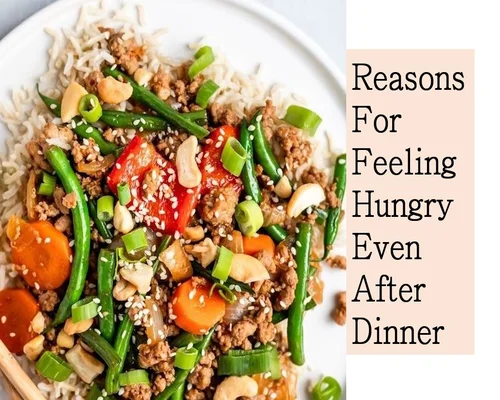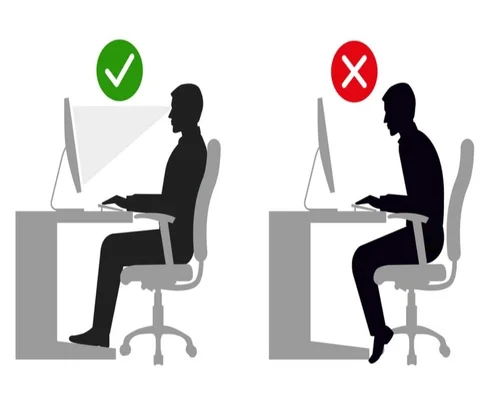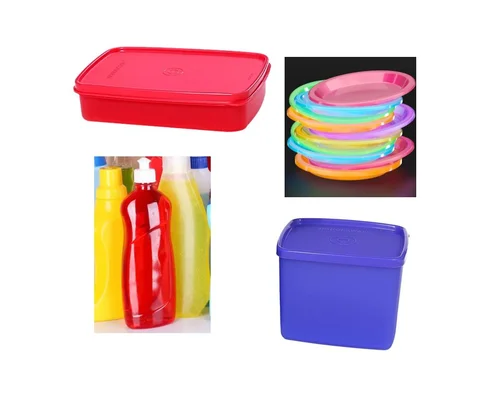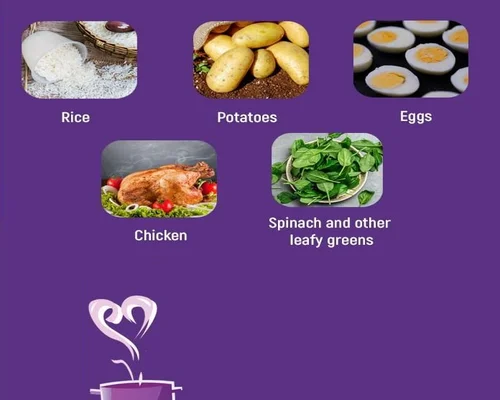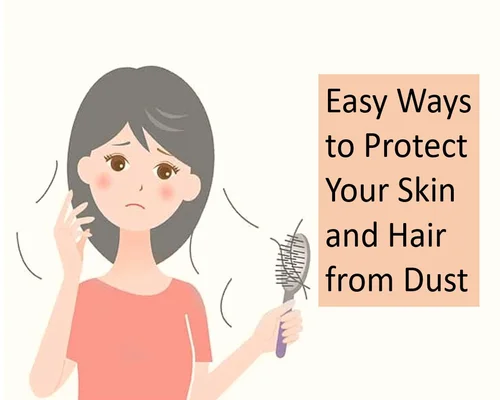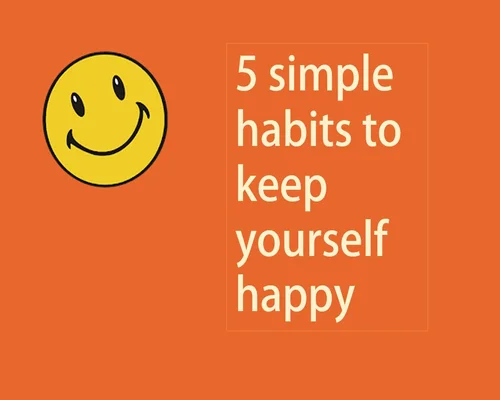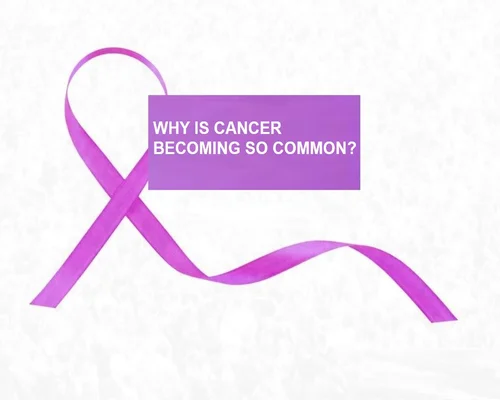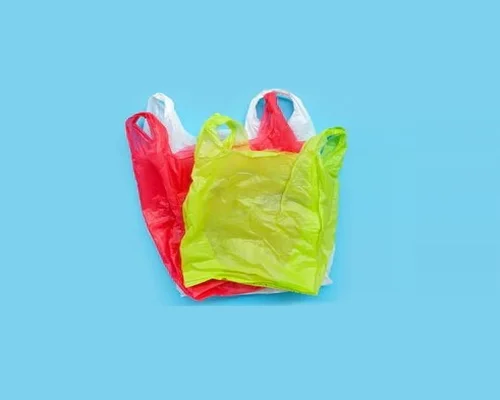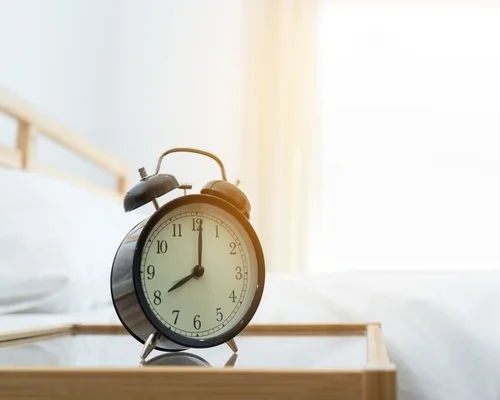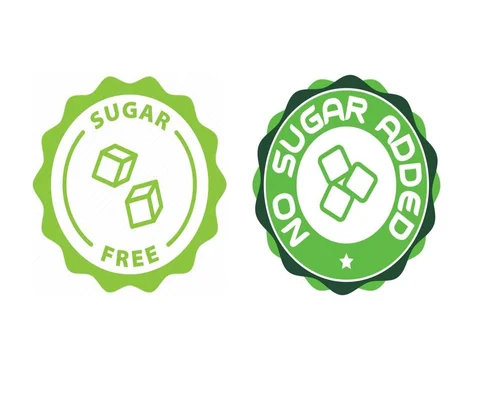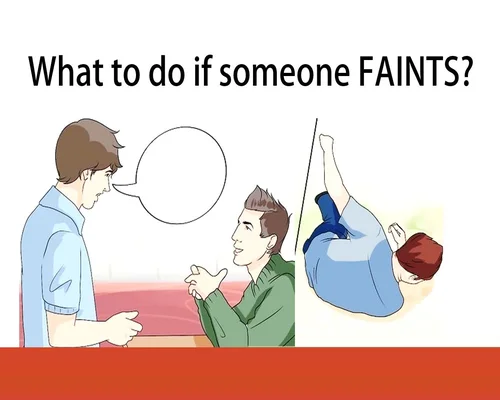
What to do if someone faints?
What to do if someone faints?
Anyone in front of you on the street, at home or at work can suddenly faint. If you can take some basic steps at this time, you can often avoid major danger.
Before fainting, paleness appears, nausea, dizziness, profuse sweating, blurred vision, ringing in the ears, as well as yawning, rapid breathing and an increased heart rate.
If these symptoms occur, you should take quick action to prevent fainting. For example, if you are standing, you should quickly sit down or lie down. The head should be kept slightly lower than the heart and the legs should be elevated.
Fainting usually lasts a few minutes. After regaining consciousness, headache, forgetfulness and weakness may occur. Most of the time, it is not serious and the patient recovers quickly without any lasting effects.
Some common causes of fainting are—
Low blood sugar, or hypoglycemia.
Dehydration.
Heatstroke.
Seizures.
Transient ischemic attack (TIA), also called a mini-stroke.
Syncope (loss of blood supply to the brain).
Standing for a long time.
Breathing too hard for a long time.
Epilepsy.
Low levels of various salts in the blood.
Also, some factors, such as accidents, excessive bleeding, head injuries, bleeding in the brain, heart attacks or heart rhythm abnormalities, drug overdose, and even alcohol consumption can cause a patient to faint as an early symptom. When the heart stops beating completely and a person has no carotid pulse or has a cardiac arrest, the patient may also faint. Sometimes it also happens due to severe stress or trauma. Some people may faint for no reason or without warning signs.
What to do
First, the patient should be moved to a safe place away from sharp objects, sources of fire, etc. Call the emergency number as soon as possible. At the same time, observe whether the patient is breathing. This can be understood by looking at the movement of the chest. If you are wearing tight clothing, you should remove it or loosen it. If breathing stops, you should give artificial respiration by putting your mouth to your mouth. If there is cardiac arrest, CPR should be started immediately. The victim may not even be able to breathe at this time or breathing may be abnormal. A person can become unconscious for many reasons. However, if there is no carotid pulse, then it should be understood that the victim has suffered a cardiac arrest and CPR should be given.
Crowding should be reduced as much as possible. Do not do things like shine shoes, pour water on the head, or massage oil on the feet, and entrust the responsibility to an experienced person.
The unconscious person should be laid down correctly, lying on his back. Then, if there is saliva in the mouth and throat, it will come out.
Blood sugar should be checked with a glucometer. No attempt should be made to give any syrup or food to an unconscious patient. Because, there is a risk of that food or water going into the lungs. To keep the blood sugar level stable, the patient should be given regular meals and light meals according to the medication.
Nowadays, almost every home has a blood pressure monitor. If the blood pressure is very low or not available, the patient legs should be slightly elevated or a pillow should be placed under the legs.
If the patient starts to have a seizure, do not panic and do not tilt him to one side. Do not try to insert a spoon or similar object into his mouth. There is no need to force him to stop the seizure or to sniff different things near his nose.
The patient also becomes unconscious in cases of major stroke or cerebral palsy. Sometimes the blood vessels in the brain close for a very short time and then open again. Then the patient becomes unconscious for a temporary period.
Heatstroke is also a cause of fainting in the summer. We need to be careful this summer. If you follow some rules on hot days, you can avoid heatstroke. It is better to wear loose, light-colored cotton clothes during this time. You should stay indoors or in a shaded place as much as possible. You should use a cap or umbrella when going out in the sun. You should drink plenty of water or saline solution or fruit juice.
Avoid strenuous physical activity during the summer. Take immediate action as soon as the initial symptoms of heatstroke appear. The patient should be taken to a relatively cool place. Wipe the body with wet clothes. Turn on the fan or ventilate the air. Drink plenty of water or saline. You can apply ice to the shoulder, armpit or groin. In case of diarrhea or vomiting, you should drink saline repeatedly to avoid dehydration and salt deficiency. If necessary, consult a doctor to avoid risks.
Avoid alcoholic beverages. As it can cause dehydration and low blood pressure.
Regular exercise helps improve blood circulation and overall health.
If someone experiences frequent fainting spells, headaches, vomiting, chest pain, or shortness of breath, they should be taken to the hospital as soon as possible. With the necessary measures and proper treatment, most patients recover completely.



